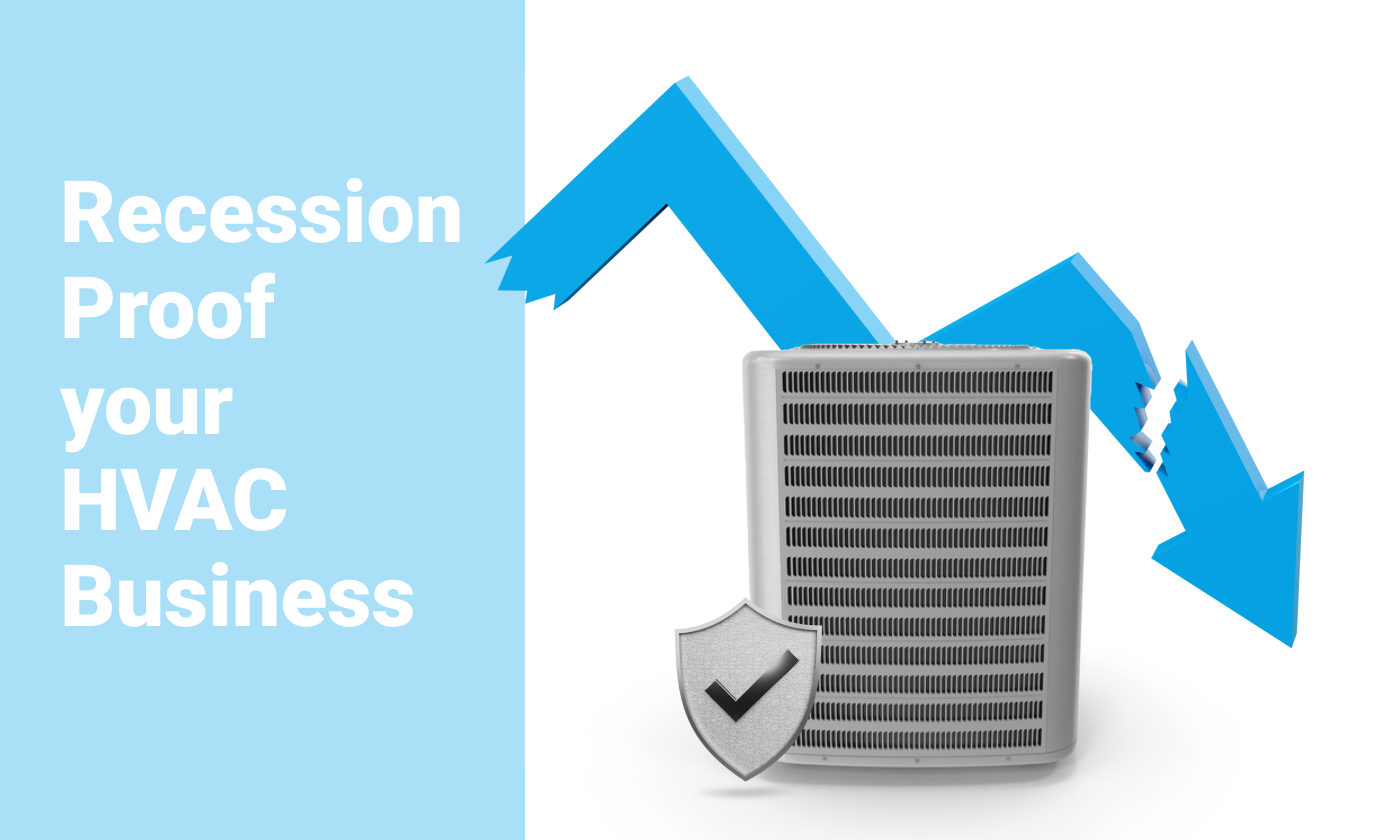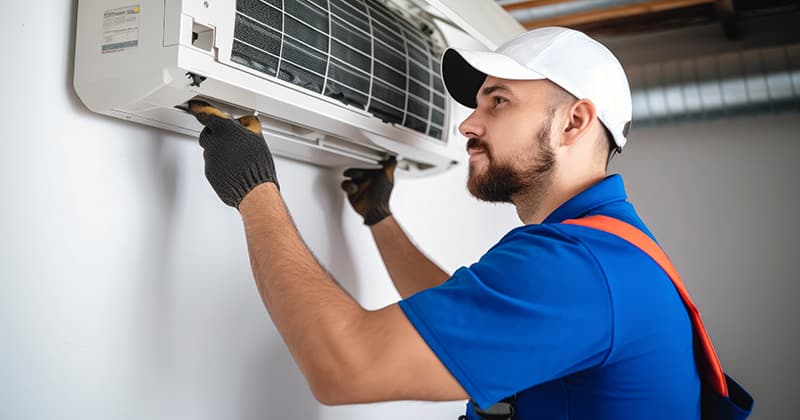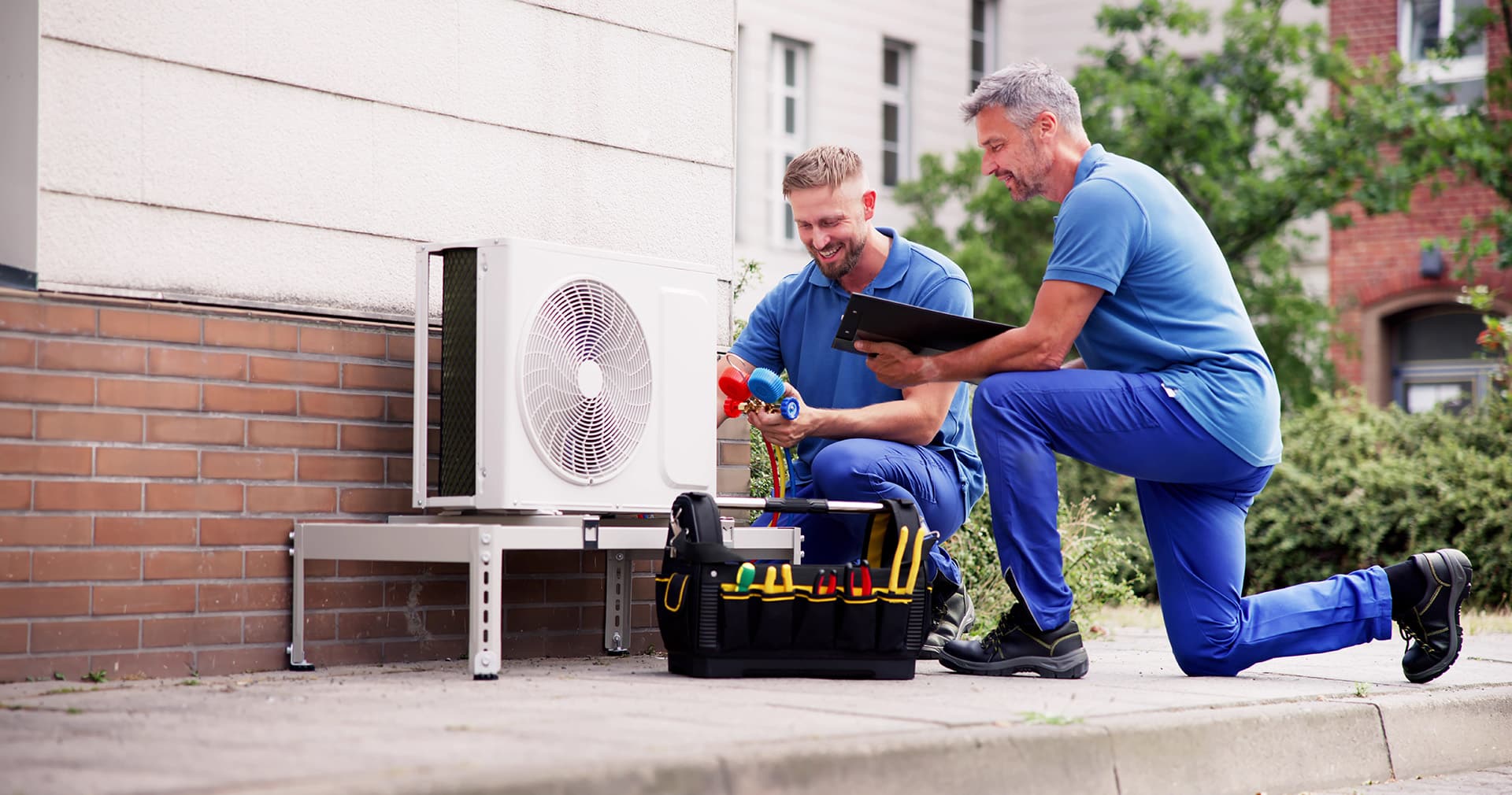Recession Busting In Hvac Service
.png)
Recession Busting in HVAC Service: Smart Strategies for Heating & Cooling
The cost of homeownership is constantly on the rise, and your heating, ventilation, and air conditioning (HVAC) system plays a significant role in that expense. Whether you're a homeowner, a real estate investor, or a contractor advising clients, understanding how to navigate the HVAC market during an economic downturn is crucial. This guide provides actionable strategies to keep your HVAC costs down without sacrificing comfort or efficiency.
Understanding Key HVAC Efficiency Ratings: AFUE, SEER, and HSPF
Before diving into cost-saving measures, it's essential to grasp the core metrics that define HVAC efficiency. These ratings directly impact your energy bills and long-term savings.
- AFUE (Annual Fuel Utilization Efficiency): Primarily used for furnaces, AFUE measures how efficiently a furnace converts fuel (natural gas, propane, or oil) into usable heat. A higher AFUE percentage means less fuel is wasted, leading to lower heating costs. Look for furnaces with AFUE ratings of 90% or higher for optimal efficiency.
- SEER (Seasonal Energy Efficiency Ratio): This rating applies to air conditioners and measures their cooling efficiency over an entire cooling season. A higher SEER rating indicates greater energy efficiency. Modern air conditioners typically have SEER ratings ranging from 13 to 28. The minimum SEER requirement varies depending on your region, but aiming for a SEER of 16 or higher can significantly reduce your electricity bills.
- HSPF (Heating Seasonal Performance Factor): HSPF is used to measure the heating efficiency of heat pumps. It represents the ratio of heat output to electricity input over a heating season. Like SEER and AFUE, a higher HSPF rating signifies greater efficiency. Aim for an HSPF of 8 or higher for a more energy-efficient heat pump.
Strategies for Recession-Proofing Your HVAC System
Here are several strategies that can help you minimize HVAC-related expenses, especially during times of economic uncertainty:
1. Prioritize Preventative Maintenance
Neglecting regular maintenance is one of the quickest ways to shorten the lifespan of your HVAC system and increase energy consumption. A well-maintained system operates more efficiently, reducing energy bills and preventing costly breakdowns. Consider these maintenance tasks:
- Regular Filter Changes: Dirty air filters restrict airflow, forcing your HVAC system to work harder and consume more energy. Change your filters every 1-3 months, depending on the type of filter and the air quality in your home.
- Professional Tune-Ups: Schedule annual tune-ups with a qualified HVAC technician. These tune-ups typically include cleaning the coils, inspecting the electrical components, lubricating moving parts, and checking refrigerant levels. This preventative service can catch minor issues before they escalate into major repairs.
- Ductwork Inspection: Leaky ductwork can waste a significant amount of energy, as heated or cooled air escapes before reaching its intended destination. Seal any leaks with duct tape or mastic sealant. Consider having your ductwork professionally inspected and cleaned every few years.
2. Smart Thermostat Installation
A smart thermostat allows you to remotely control your HVAC system, adjust temperature settings based on your schedule, and track your energy usage. Many smart thermostats offer features like geofencing, which automatically adjusts the temperature when you leave or return home, and learning algorithms that optimize energy efficiency over time. Popular brands include Nest, Ecobee, and Honeywell. These devices can pay for themselves in energy savings within a year or two.
3. Energy-Efficient Upgrades
While upgrading your entire HVAC system can be a significant investment, it can also provide substantial long-term savings, especially if your current system is outdated or inefficient. Consider these options:
- High-Efficiency Furnaces: If your furnace is more than 15 years old, upgrading to a high-efficiency model with an AFUE rating of 90% or higher can significantly reduce your heating bills.
- High-SEER Air Conditioners: Replacing an old air conditioner with a high-SEER model (16 or higher) can lead to substantial savings on your cooling costs. Look for models with features like variable-speed compressors for even greater efficiency.
- Heat Pumps: Heat pumps offer both heating and cooling capabilities and are particularly energy-efficient in moderate climates. They transfer heat rather than generating it, making them a more efficient alternative to traditional furnaces and air conditioners.
4. Taking Advantage of Rebates and Incentives
Many utility companies, government agencies, and manufacturers offer rebates and incentives for installing energy-efficient HVAC equipment. Research available programs in your area to potentially offset the upfront cost of upgrading your system. Check with your local utility company and the DSIRE (Database of State Incentives for Renewables & Efficiency) website for a comprehensive list of available incentives.
5. Consider a Mini-Split System
For targeted heating and cooling, especially in additions or rooms that are difficult to condition with a central HVAC system, consider a ductless mini-split system. These systems offer zoned temperature control, allowing you to heat or cool only the areas you're using, and are generally more energy-efficient than window air conditioners or space heaters.
6. Optimize Home Insulation
Proper insulation is crucial for maintaining a comfortable indoor temperature and reducing your HVAC load. Ensure that your attic, walls, and floors are adequately insulated to prevent heat loss in the winter and heat gain in the summer. Seal any air leaks around windows, doors, and other openings to minimize drafts.
7. Smart Usage Habits
Even with the most efficient HVAC system, your usage habits can significantly impact your energy bills. Practice these smart usage habits:
- Programmable Thermostat Schedules: Program your thermostat to automatically adjust the temperature when you're away from home or asleep.
- Closing Vents in Unused Rooms: If you have rooms that you rarely use, close the vents to redirect airflow to the areas you're actively using.
- Using Ceiling Fans: Ceiling fans can help circulate air and reduce the need for air conditioning. Run them counter-clockwise in the summer to create a cooling breeze.
- Strategic Window Treatments: Use curtains, blinds, or shades to block out sunlight during the hottest part of the day and retain heat during the coldest part of the night.
8. Second Opinions and Competitive Quotes
When facing a major repair or replacement, always get multiple quotes from qualified HVAC contractors. A second opinion can help you ensure that you're receiving accurate diagnoses and fair pricing. Compare quotes carefully, paying attention to the equipment specifications, warranty terms, and labor costs.
HVAC Brands and Models: A Comparative Overview
Choosing the right HVAC brand and model is crucial for ensuring long-term comfort, efficiency, and reliability. Here's a brief overview of some popular brands and models:
Furnaces:
- Carrier: Known for its high-efficiency furnaces, Carrier offers models with AFUE ratings up to 98.5%. The Carrier Infinity 98 furnace is a top-of-the-line option with advanced features like variable-speed blowers and modulating gas valves.
- Lennox: Lennox offers a range of furnaces with varying efficiency levels. The Lennox SLP98DF furnace is their most efficient model, boasting an AFUE of up to 98.7%.
- Trane: Trane furnaces are known for their durability and reliability. The Trane XC95m furnace offers an AFUE of up to 97%.
Air Conditioners:
- Carrier: Carrier air conditioners are known for their energy efficiency and quiet operation. The Carrier Infinity 26 air conditioner boasts a SEER rating of up to 26.
- Lennox: Lennox air conditioners offer a combination of performance and efficiency. The Lennox XC25 air conditioner has a SEER rating of up to 26.
- Trane: Trane air conditioners are known for their reliability and durability. The Trane XV20i TruComfort Variable Speed air conditioner offers a SEER rating of up to 22.
Heat Pumps:
- Carrier: The Carrier Infinity 20 heat pump boasts an HSPF of up to 13 and a SEER of up to 20.5.
- Lennox: The Lennox XP25 heat pump offers an HSPF of up to 10.2 and a SEER of up to 23.5.
- Trane: The Trane XV18 TruComfort Variable Speed heat pump offers an HSPF of up to 10 and a SEER of up to 18.
Understanding HVAC Warranties
HVAC warranties provide protection against defects in materials and workmanship. Be sure to carefully review the warranty terms before purchasing a new system. Most manufacturers offer a base warranty that covers parts for a limited period (typically 5-10 years). Extended warranties are also available, providing additional coverage for labor and other expenses. Some manufacturers require registration within a specified timeframe to activate the full warranty benefits. Always keep records of installation and maintenance for warranty claims.
Conclusion: Long-Term Savings Through Smart HVAC Management
Navigating the HVAC market during an economic downturn requires a proactive and informed approach. By prioritizing preventative maintenance, investing in energy-efficient upgrades, taking advantage of rebates and incentives, and adopting smart usage habits, you can significantly reduce your HVAC-related expenses and ensure long-term comfort and savings. Remember to research different brands and models, compare quotes from multiple contractors, and carefully review warranty terms before making any decisions.










